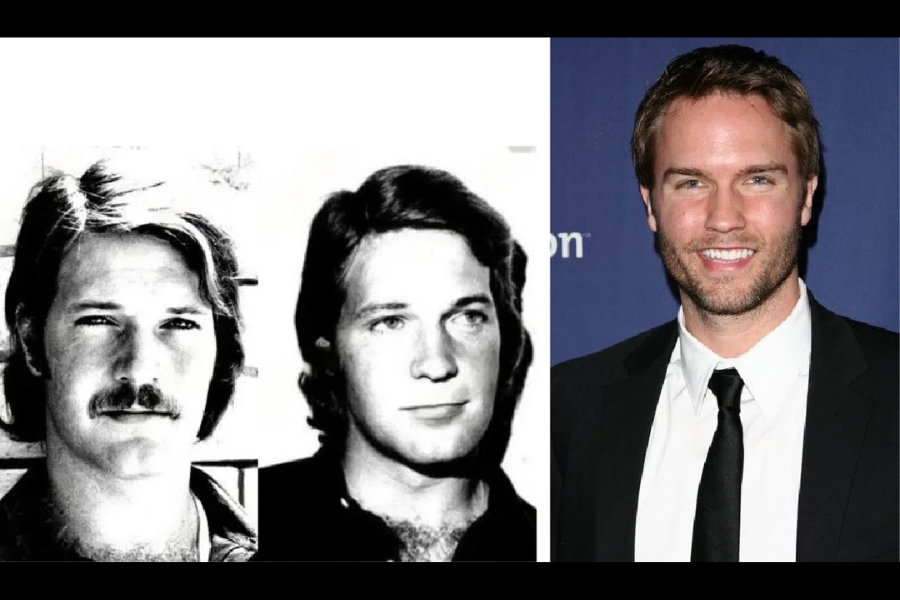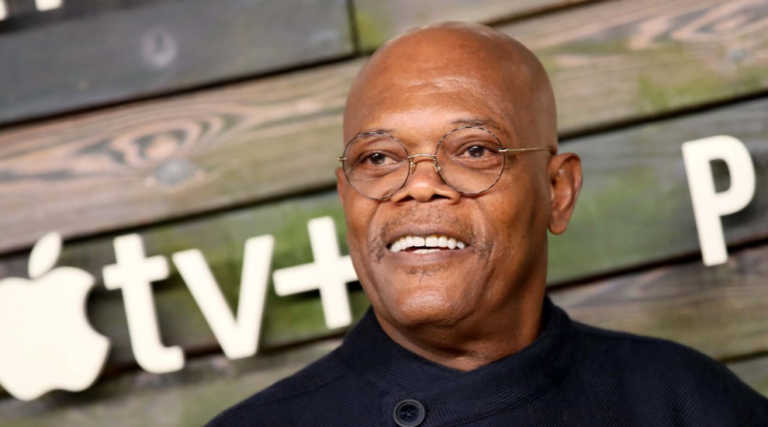Scott Porter as Holden: A Deep Dive into His Memorable Role and Performance
In the illustrious world of Hollywood, few figures shine as brightly as Scott Porter Holden. From his early days as a boy in Los Angeles to becoming a cinematic icon, his life is a testament to perseverance, talent, and a presence that captivated audiences for decades. This article delves into Holden’s remarkable career, his influence on film, and the enduring legacy he left behind.
Early Life and the Roots of Stardom
Born on April 17, 1918, in O’Fallon, Illinois, Scott Porter Holden’s journey to stardom seemed fated from the start. At the tender age of three, his family moved to Los Angeles, setting the stage for what would become a legendary career in Hollywood.
Raised in Pasadena, Holden grew up surrounded by the burgeoning film industry. His love for acting blossomed during his time at Pasadena Junior College, where he took part in various school productions. Known for his striking good looks and natural charisma, it wasn’t long before he attracted attention in Hollywood. Reflecting on his early days, Holden once humorously remarked, “I was just a kid from Pasadena who happened to stumble into the right place at the right time.” His childhood in California would shape his understanding of the industry and ultimately prepare him for the heights he would soon achieve.
A Gradual Rise to Fame
Holden’s Hollywood debut came in 1939 with a small, uncredited role in Million Dollar Legs. While minor, this role sparked a lifelong passion for film. His breakthrough came that same year with Golden Boy, where he starred alongside Barbara Stanwyck. The role of Joe Bonaparte marked Holden’s first taste of stardom, and it wasn’t long before his name became synonymous with leading man potential.
Other key early roles included:
- Million Dollar Legs (1939) – uncredited role
- Golden Boy (1939) – Joe Bonaparte
- Our Town (1940) – George Gibbs
Barbara Stanwyck played a pivotal role in Holden’s early success, advocating for him when the studio considered replacing him in Golden Boy. Her mentorship helped him navigate the industry’s challenges and solidified their lifelong friendship.
A Career That Defined Cinema
Spanning over four decades, Holden’s career is marked by a series of outstanding performances across a range of genres, from romantic comedies to intense war dramas. His versatility and ability to bring depth to his characters made him one of Hollywood’s most beloved actors.
Some of his most iconic films include:
| Year | Film | Role | Notable Achievements |
| 1950 | Sunset Boulevard | Joe Gillis | Golden Globe nomination |
| 1953 | Stalag 17 | Sgt. J.J. Sefton | Academy Award for Best Actor |
| 1957 | The Bridge on the River Kwai | Shears | Part of Best Picture winner |
| 1969 | The Wild Bunch | Pike Bishop | Critically acclaimed performance |
| 1976 | Network | Max Schumacher | Final major film role |
While film was his primary focus, Holden also ventured into television and stage acting, leaving a mark in several productions such as hosting The 20th Century-Fox Hour (1955-1957) and starring in The Blue Knight (1973).
The Holden Touch: A Unique Acting Style
Scott Porter Holden was known for his naturalistic acting style, delivering authentic performances that resonated deeply with audiences. His ability to express complex emotions through subtle gestures and expressions set him apart from his contemporaries. Holden was influenced by some of the finest actors of his time, including Spencer Tracy, whose understated style he admired, and Barbara Stanwyck, who played a crucial role in shaping his craft. Though not a strict adherent, Holden incorporated elements of Method acting into his performances, which contributed to his genuine approach to roles.
Throughout his career, Holden worked with some of the most renowned directors in cinema, such as Billy Wilder (Sunset Boulevard, Stalag 17), David Lean (The Bridge on the River Kwai), and Sam Peckinpah (The Wild Bunch). Reflecting on his time with Billy Wilder, Holden once said, “Working with Billy Wilder was like going to film school. He had an incredible eye for detail and knew exactly how to bring out the best in his actors.”
Personal Life: A Man Beyond the Screen
Despite his fame, Holden was a private individual who valued his personal life away from the cameras. He married actress Brenda Marshall in 1941, and the couple had two sons and a stepdaughter. Holden also briefly dated Audrey Hepburn, his co-star in Sabrina (1954). Outside of acting, Holden was an avid golfer, a lover of animals (especially big cats), and a passionate conservationist. His commitment to wildlife protection led him to establish the Mount Kenya Game Ranch in 1964, which continues to operate today through the William Holden Wildlife Foundation.
Overcoming Personal Struggles
Like many stars of his time, Holden faced personal challenges, particularly his struggles with alcoholism. These struggles, combined with a career slump in the early 1960s, led to some difficulties in his professional life. He turned down iconic roles, including parts in The Bridge on the River Kwai and Lawrence of Arabia, though he later accepted a role in the former. His career faced a major turning point in 1966 when Holden was involved in a fatal car accident in Italy. Though he was charged with vehicular manslaughter and received a suspended sentence, the incident led him to retreat from public life for a time.
A Lasting Legacy
Holden’s legacy in film is undeniable. His contributions to various genres—particularly film noir, war films, and westerns—cemented his place as one of Hollywood’s greatest actors. His memorable roles in Sunset Boulevard, Stalag 17, The Wild Bunch, and The Bridge on the River Kwai continue to inspire new generations of actors.
Even after his passing in 1981, Holden’s influence remains strong. He was posthumously inducted into the American Theater Hall of Fame and earned a star on the Hollywood Walk of Fame. His films continue to be rediscovered by modern audiences, and critical reappraisals have unearthed new dimensions to his performances. Today, Holden is remembered not only for his film work but also for his personal commitment to conservation, with the William Holden Wildlife Foundation continuing his legacy of environmental stewardship.
Rediscovery and Cultural Impact
In recent years, there has been a revival of interest in Holden’s life and career. Biographies like Golden Boy: The Untold Story of William Holden (2008) and documentaries like William Holden: A Different Kind of Hero (2011) have introduced his legacy to new generations. His influence stretches beyond the silver screen, as Holden’s style and image continue to inspire fashion designers, artists, and filmmakers. References to Holden appear in songs like “Celluloid Heroes” by The Kinks, and his legacy is celebrated by fan clubs and online communities dedicated to preserving his memory.
A Hollywood Icon Remembered
Scott Porter Holden’s career offers a timeless example of perseverance, evolution, and artistic integrity. From humble beginnings in Pasadena to his rise as a beloved Hollywood icon, Holden’s story continues to resonate with fans old and new. His legacy lives on, not only through the films he starred in but also through the lasting impact he had on the entertainment industry and beyond.
FAQs:
- Who is Scott Porter Holden?
Scott Porter Holden, better known as William Holden, was a legendary American actor who became one of Hollywood’s greatest stars during the mid-20th century. - What are some of William Holden’s most famous films?
Some of his most iconic films include Sunset Boulevard (1950), Stalag 17 (1953), The Bridge on the River Kwai (1957), The Wild Bunch (1969), and Network (1976). - What awards did William Holden win?
He won an Academy Award for Best Actor for his role in Stalag 17 (1953) and earned multiple Golden Globe nominations throughout his career. - Was William Holden involved in any philanthropic work?
Yes, Holden was a passionate conservationist and established the Mount Kenya Game Ranch in 1964 to protect wildlife. He also founded the William Holden Wildlife Foundation. - What caused William Holden’s death?
William Holden passed away in 1981 at the age of 63, after a fatal accident in his home. His death was attributed to a fall caused by excessive drinking.
Facts:
- William Holden was born on April 17, 1918, in O’Fallon, Illinois.
- He was nominated for a Golden Globe for his role in Sunset Boulevard (1950).
- Holden starred in over 50 films and television shows during his career.
- He was married to actress Brenda Marshall from 1941 until their divorce in 1971.
- Holden’s legacy continues through the William Holden Wildlife Foundation, which focuses on environmental conservation.
Summary:
William Holden, born Scott Porter Holden on April 17, 1918, in O’Fallon, Illinois, was an iconic Hollywood actor known for his roles in Sunset Boulevard, Stalag 17, The Bridge on the River Kwai, and The Wild Bunch. A versatile and naturalistic actor, Holden captivated audiences for over four decades, earning critical acclaim and an Academy Award for Best Actor. Beyond his film career, he was a passionate conservationist, founding the William Holden Wildlife Foundation. Despite facing personal struggles, his legacy endures through his memorable performances and his contributions to wildlife conservation.
Find inspiration for your lifestyle and wellness journey at Karingkarla.com.






